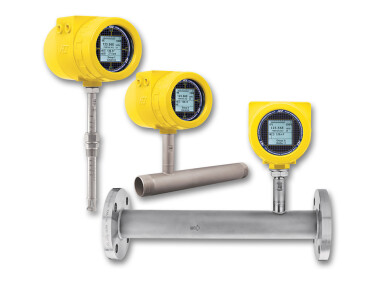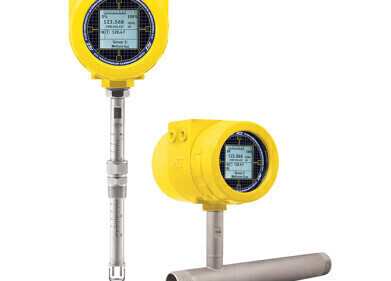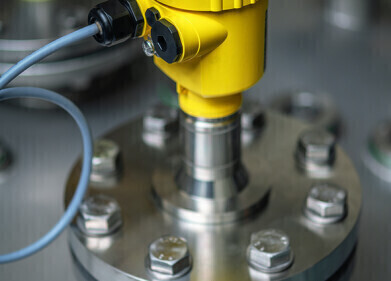Flow Level Pressure
Why Will Mexicans Pay More for Petrol in 2017?
Dec 30 2016
As we enter a new year, a lot of people across the world will be glad to see the back of 2016. But for some, settling in to the new year won’t be as pleasant as planned. That’s exactly the case for Mexicans, whose government are set to increase petrol prices by the biggest margin in nearly twenty years. Why? Read on for the latest.
Pricing it up
According to the latest reports by the Financial Times, the price for a litre of regular petrol will rise to 15.99 pesos in Mexico. Premium petrol will set buyers back 17.79 a litre and diesel will go up to 17.05. These increases aren’t just regular inflation though. They represent one of the biggest hikes in recent years, with regular petrol increasing by 14.2 percent, premium by 20.1 percent and diesel by 16.5 percent. So what could have caused it?
Part of it is surely down to Mexico’s decision to de-nationalise the country’s petrol sales. For nearly eight decades the government has controlled pricing of fuel, but have recently decided to change paths. Prices can now be set by many companies importing and selling in Mexico, rather than state-controlled Pemex.
A worsening situation
The move has been further impacted by a slump for the Mexican currency though. Over the last year, the Peso has dropped 15% against the US dollar, meaning imports – particularly those from the states – will be considerably more costly. The future doesn’t look great either for the Mexican Peso, as America’s election of anti-Mexico president Donald Trump has seen negative forecasts for investment in the country.
This could lead to very slow growth for the south American country, with inflation likely to increase as a result. It’s hardly the start Enrique Peña Nieto wanted for his energy reforms, which is now polling negatively with the Mexican public, who will be most affected by the changes.
Higher costs elsewhere
It’s not just imports that can affect the price of petrol. There are certain ways in which oil companies can reduce their costs, which eventually will make it down to the price of the finished product. Different oil-water-gas systems, for instance, can potentially be beneficial for producers, as discussed in the article ‘An Oil Company Used Dual-modality ECT and ERT to Study the Flow of Multiphase Oil-water-gas Systems Reducing Energy Costs and Improving Plant Yields’
Digital Edition
PIN 25.5 Oct/Nov 2024
November 2024
Analytical Instrumentation - Picturing Viscosity – How Can a Viscometer or a Rheometer Benefit You? - Sustainable Grease Formulations: Evaluating Key Performance Parameters and Testing Method...
View all digital editions
Events
Dec 08 2024 Anaheim, CA, USA
Turkey & Black Sea Oil and Gas
Dec 11 2024 Istanbul, Turkey
Dec 19 2024 Aurangabad, India
Jan 20 2025 San Diego, CA, USA
Jan 22 2025 Tokyo, Japan



















